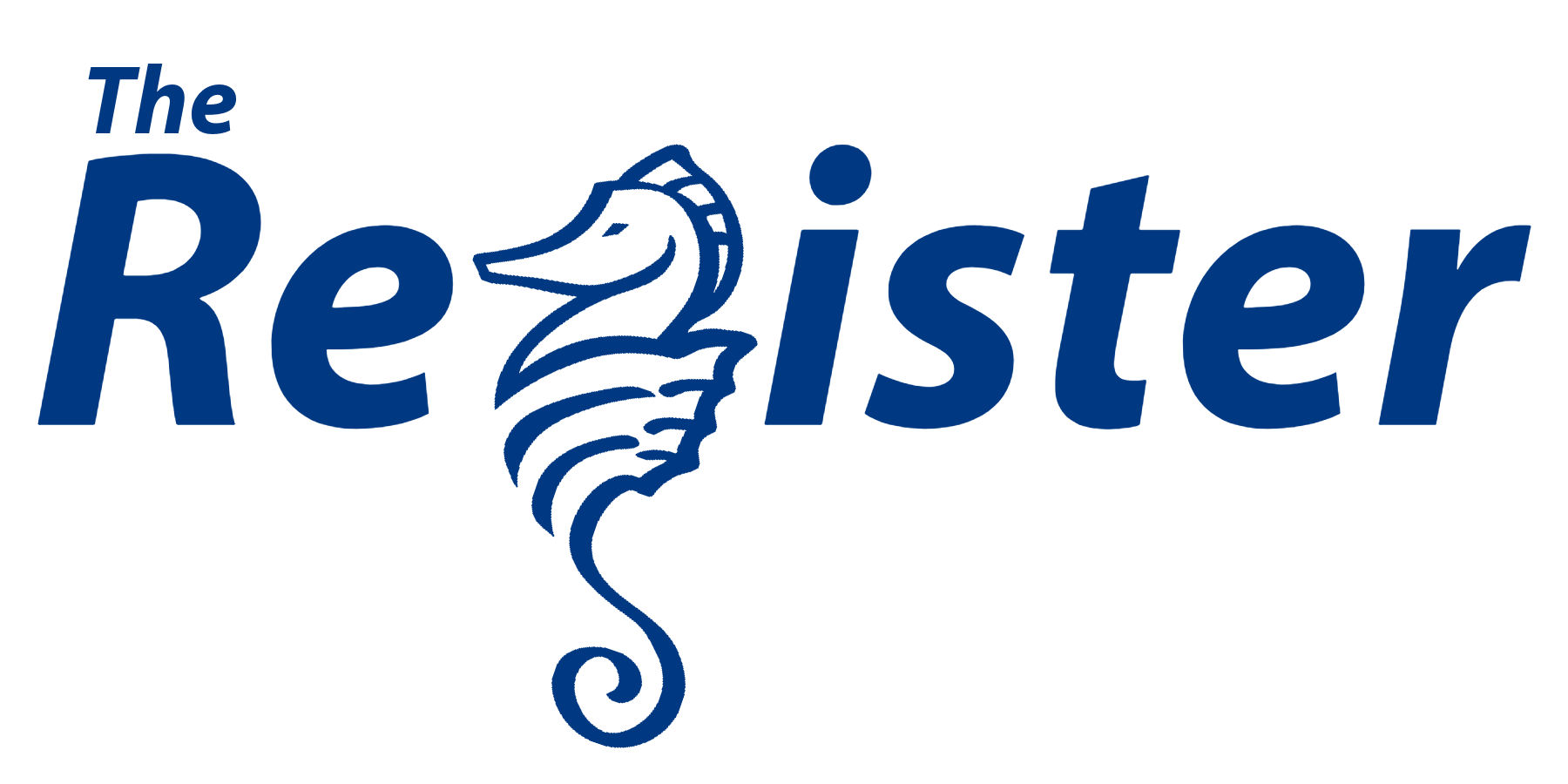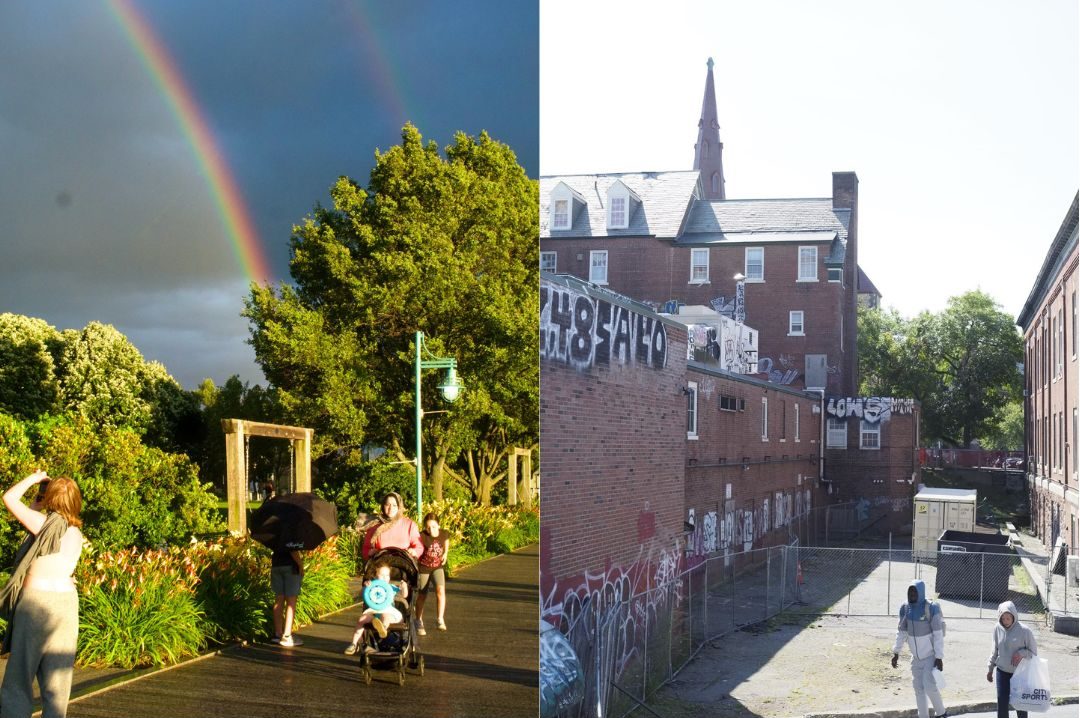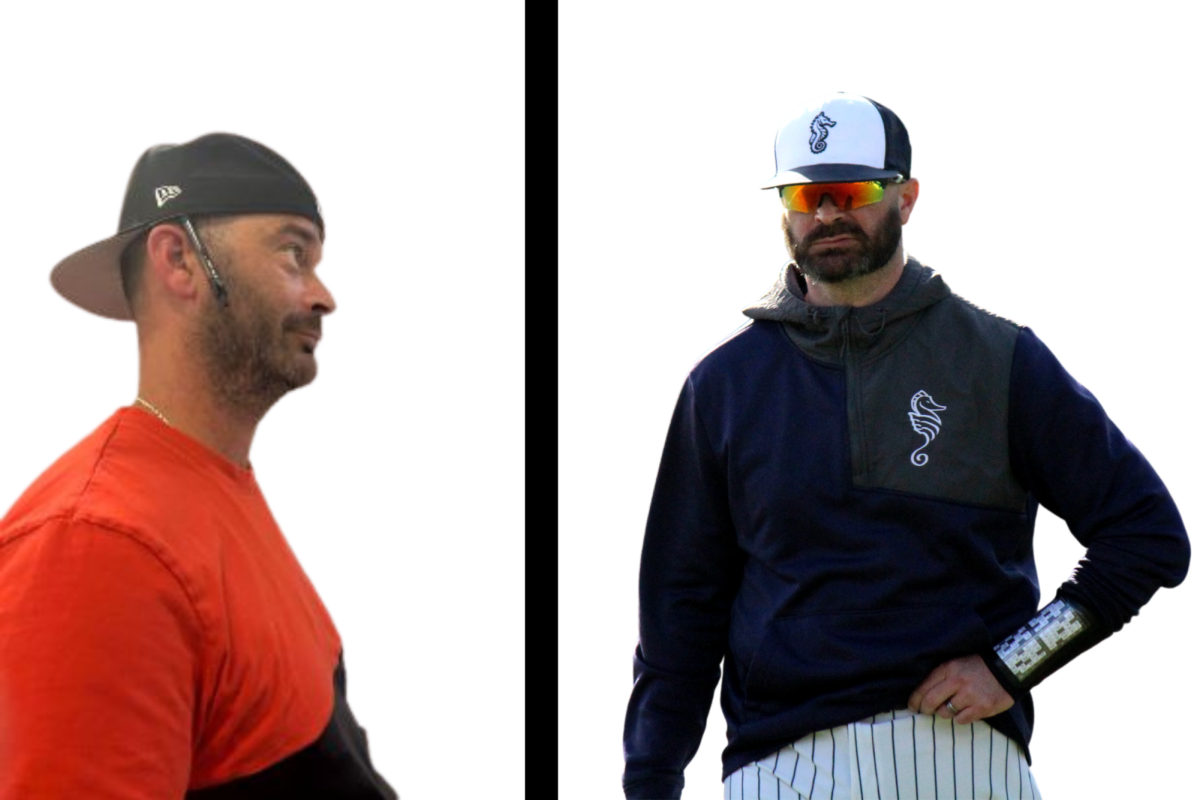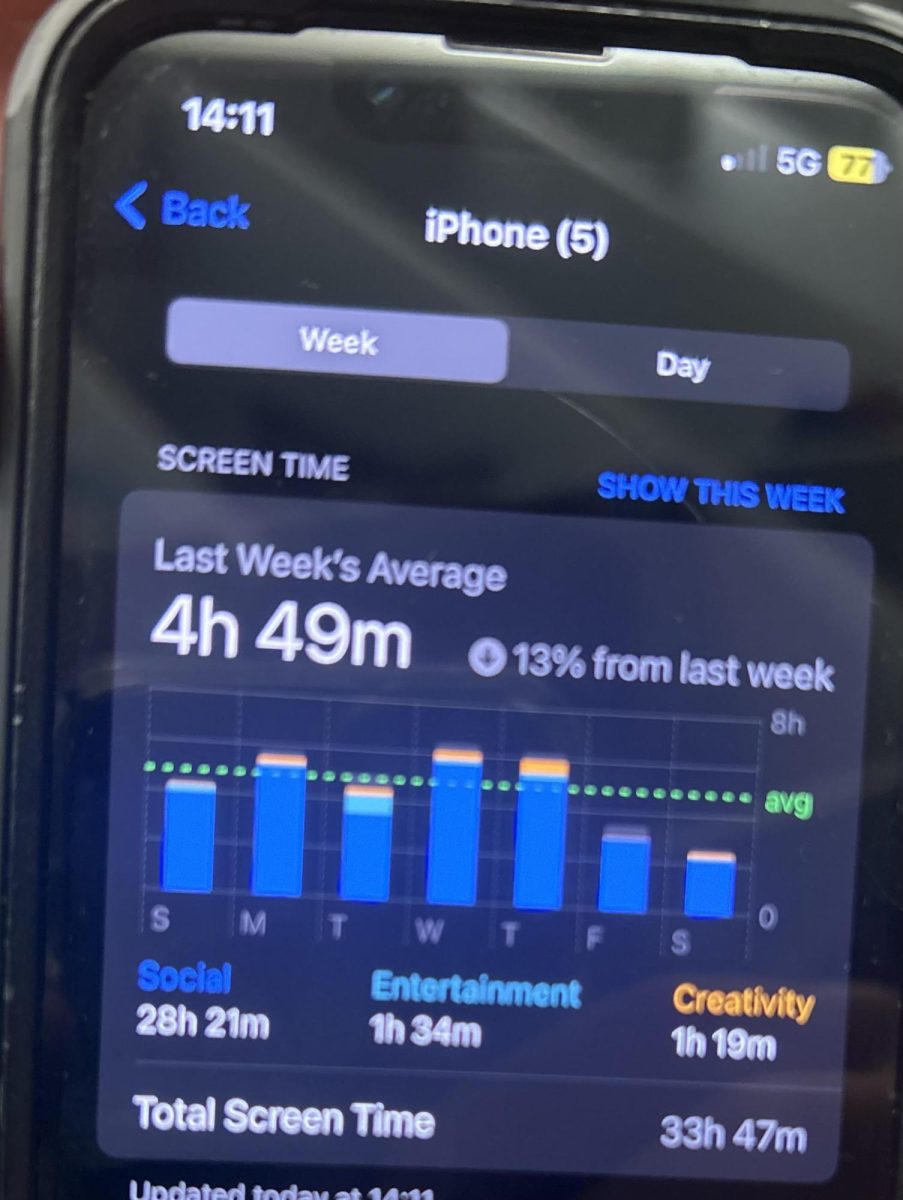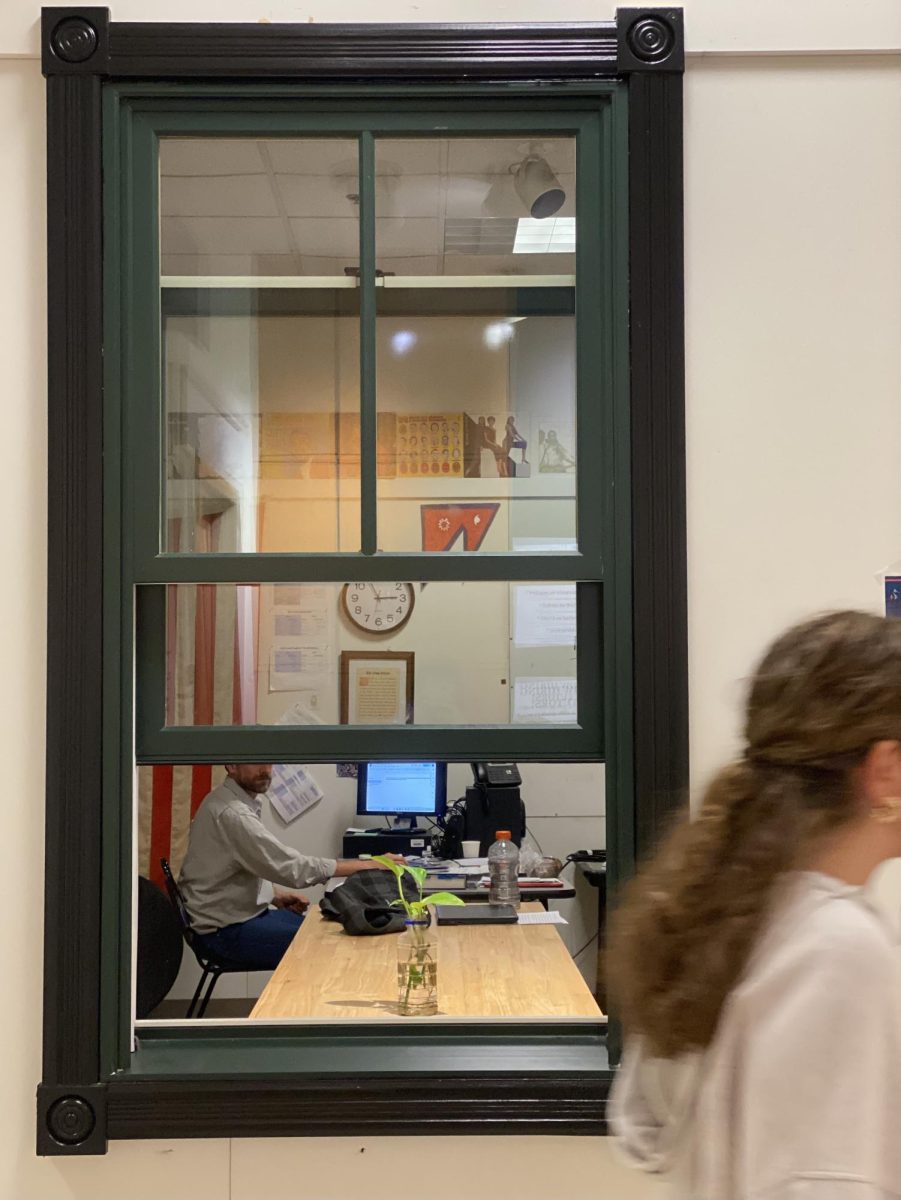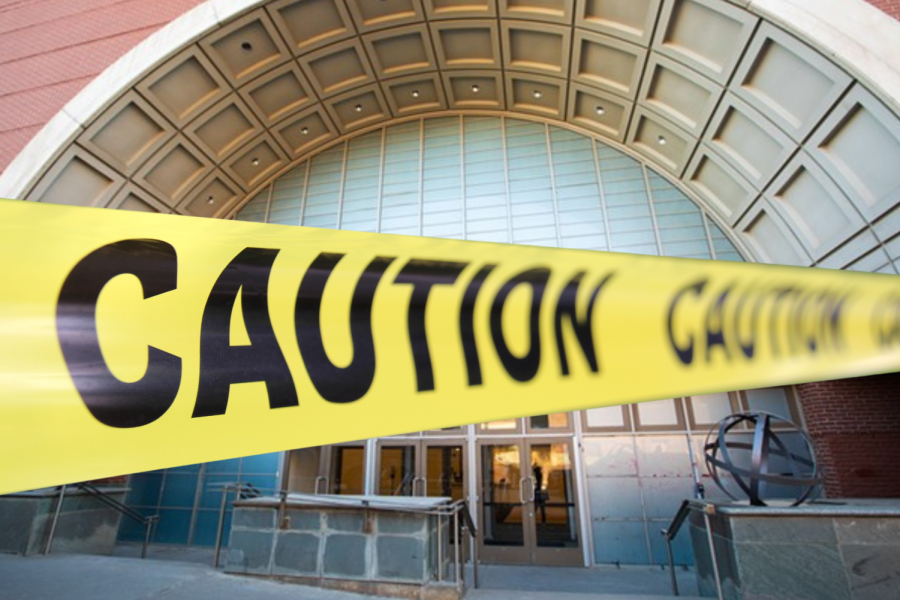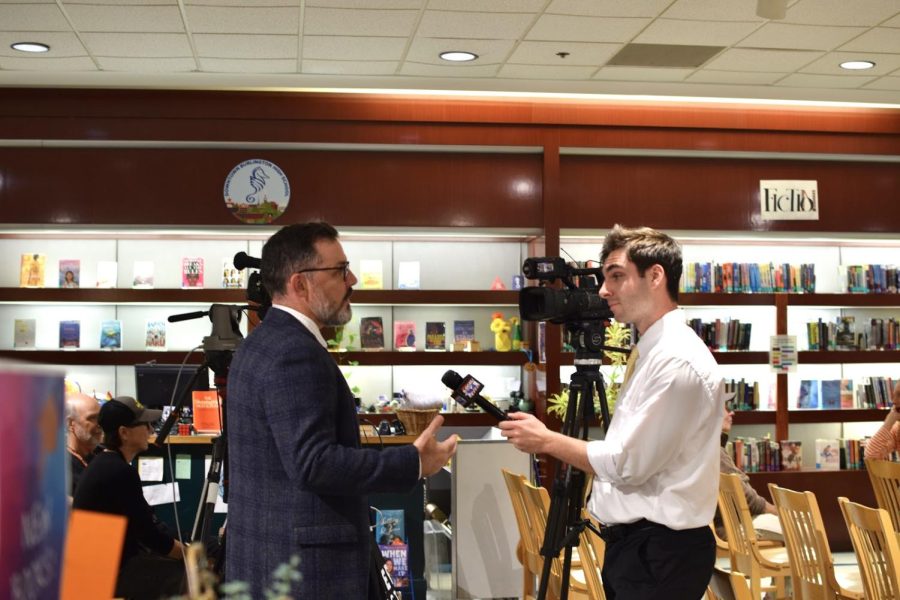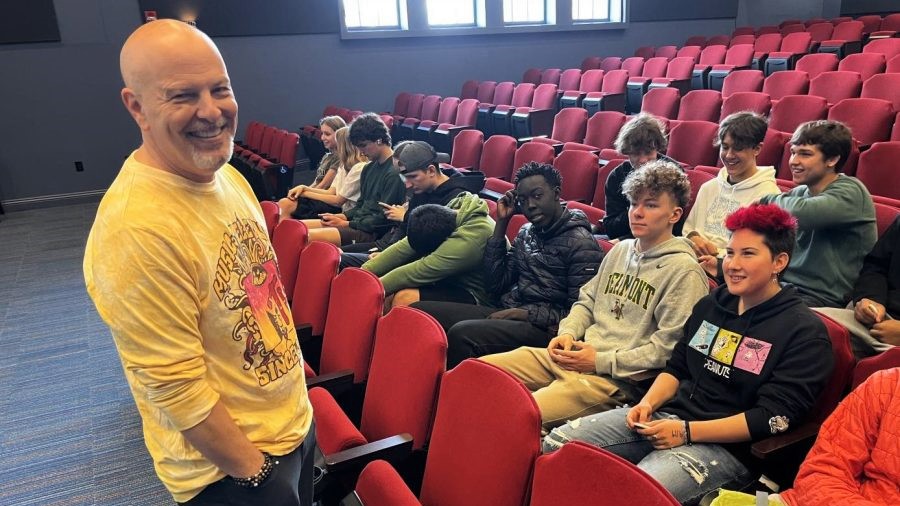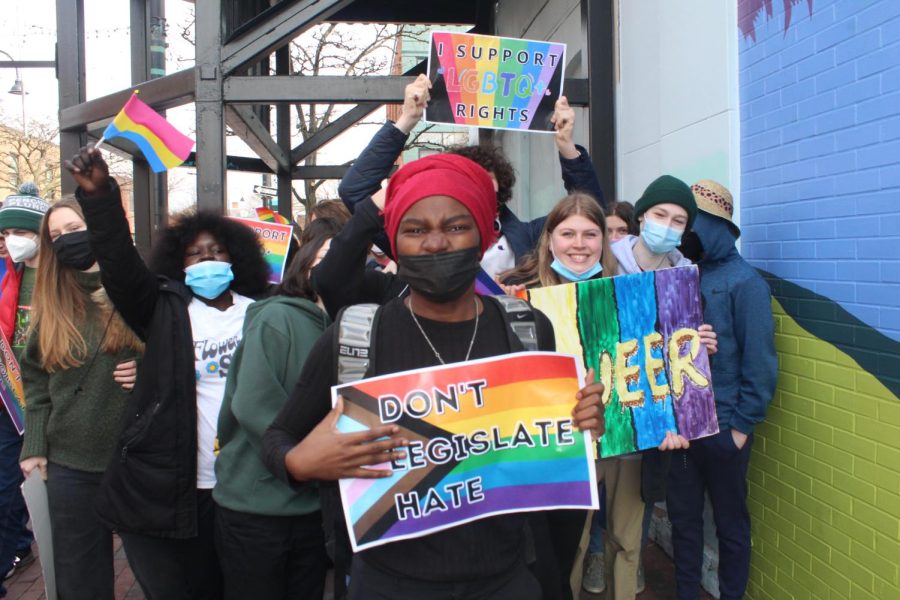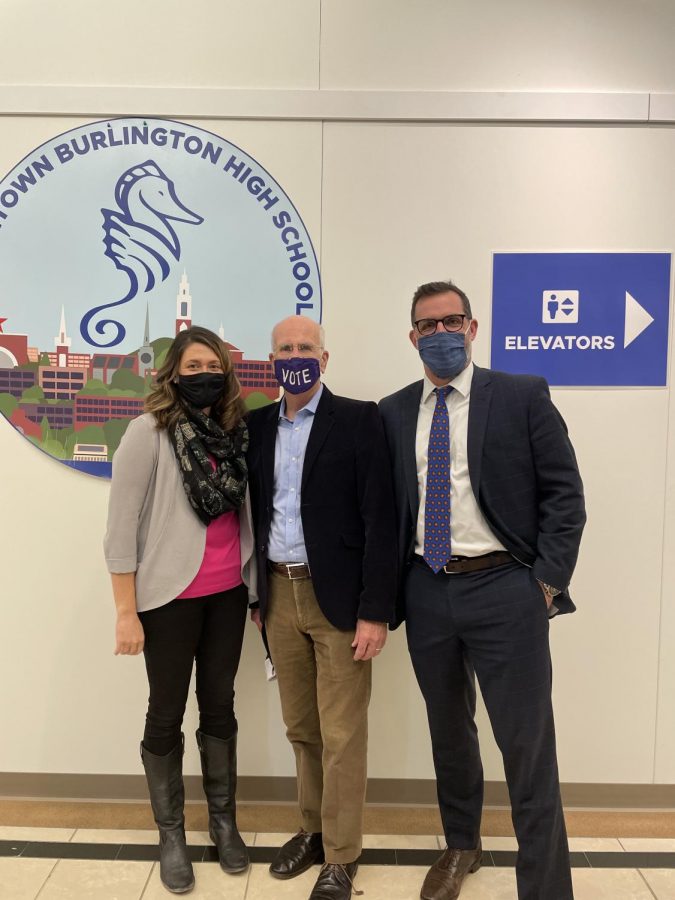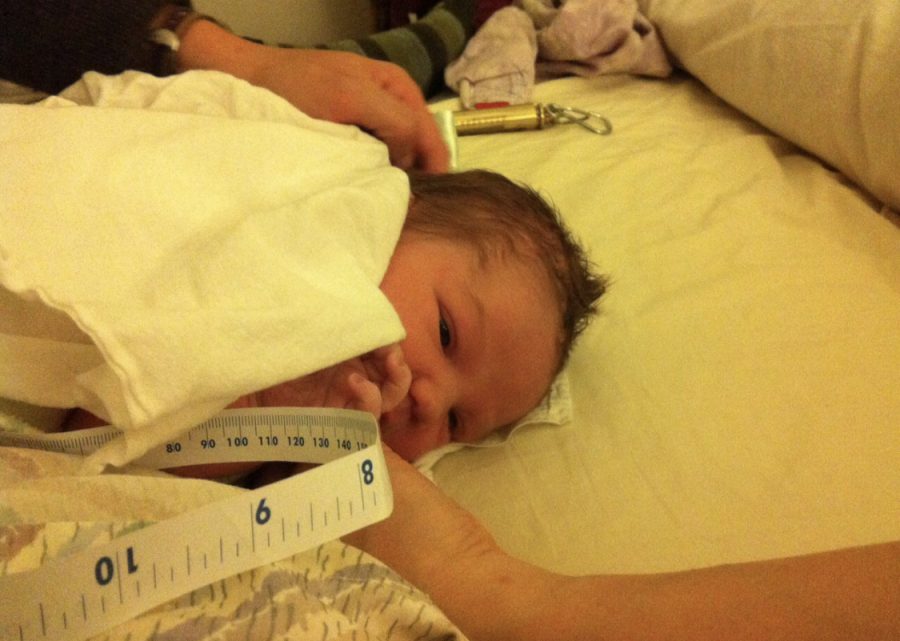BY: Emma Chaffee and Theo Davis
The Federal Communications Commission (FCC) made a proposal on Tuesday, November 21, to repeal what many call ‘Net Neutrality’.
Net Neutrality requires Internet service providers (ISPs) to provide equal service to all Internet data regardless of its source. For example, if an Internet user wants to watch a show on Netflix, their ISP is not legally allowed to block them from doing so. If they want to read an article from the New York Times (NYT) online, they’re able to do that as well. If Net Neutrality ends, the user’s ISP will legally be allowed to block them or drastically slow them down from accessing things like Netflix or NYT. The ISP could then make customers pay a fee to unblock or access these resources.

The image above is what an Internet user might see if Net Neutrality ends. This is an example of an ISP’s pricing page in Portugal, where Net Neutrality is non-existent. In Portugal, in addition to paying for Internet service, one has to purchase specific bundles of data. If an Internet user wants to access Instagram, they have to pay more to gain access to the “social media package”. The same goes for resources like messaging, video, music, email and more.
Eliza Abedi, a Burlington High School (BHS) senior, said she’s concerned about the idea of these extra fees.
“Internet servers having to pick and choose what you see and what you don’t see is kind of taking away a basic freedom for you that you have when you’re on the Internet,” Abedi said. “The Internet should be free for everybody to do what they want and it should be up to them what they want to view or not. For Internet servers to want to pick and choose, I feel like that’s going to impact our social and economic environment really badly.”
Unsurprisingly, the FCC’s proposal to repeal Obama era Net Neutrality restrictions has created a tremendous community backlash. According to battleforthenet.com, over 859,000 people have called congress regarding Net Neutrality. On July 12, 2017, Battleforthenet.com’s Internet-wide day of action to save Net Neutrality, over five million emails and over 2 million comments were sent to the FCC regarding Net Neutrality. On December 7, 2017, thousands of people stood outside of Verizon stores nationwide in protest of Ajit Pai, a top lawyer at Verizon who is the chairman of the FCC.
Register staff found Alex Sabatell, a student at Champlain College, protesting the FCC’s proposal on Church Street in downtown Burlington.
“I’m a broadcast media production student at Champlain College. My entire major is based off of me being able to stream media to other people,” Sabatell said. “If the Internet gets broken up into different subsections like entertainment, news, information, wikipedia, netflix, if they all get split apart, my job becomes that much harder, [and] my industry gets killed.”
Tom Obbagy, a Burlington High School (BHS) history teacher, says Net Neutrality is essential to an open and democratic society.
“Access should be determined by creativity, not corporate greed, where larger corporations could easily overwhelm the marketplace and you get limited access to what they want and they can charge you what they want,” Obbagy said.
Obbagy said he thinks Net Neutrality is especially important for students.
“If you don’t have access to a wide range of opinion and thought and the vehicles to pursue information, you’re going to be limited,” Obbagy said. “As a result, you’re going to be taught and learn and observe only certain things. We’ll actually act as an anti education society if we [end Net Neutrality] because openness is what we’re about and [ending Net Neutrality] does not provide that. It provides a closed environment, which is not good.”
Abedi is college bound and worries about how the end of Net Neutrality could affect her education.
“College students, out of everybody else, really depend on the Internet to survive. That’s where we get all of our information. You can get free textbooks online,” Abedi said. “If you’re being restricted from doing what you need to to pass in college then it’s going to affect your grades and your education really badly..”
Obbagy also said he’s concerned about smaller, more independent businesses or artists.
“People who have entrepreneurial skills and develop something that others don’t have, will have a much harder [time providing] that access to people because competition will be spiked or even eliminated,” Obbagy said.
For example, ending Net Neutrality would make it much harder for independent musicians. As the Internet is now, musicians are able to gain recognition and fame for free by posting videos and gaining fans on different websites. The extra charge for the social media or music ‘package’ would mean that only musicians with the means to pay for these fees would be able to share their content with the world.
Obbagy and Abedi both said that they are concerned about the negative impact the repeal of Net Neutrality could have on already marginalized populations.
“On top of the bills they have to pay for their house and having to afford things for their kids, people don’t want to pay an additional fee to see what they want on the Internet,” Abedia said. “They’re probably just going to let it go and let these Internet providers control what they see, which is going to be unfortunate.”
Sabatell said he’s angry that corporations and ISP’s would be making lots more money, while citizens like him would be left behind.
“I know there’s only a handful of them and I know that there’s three hundred million of us so I would like to see the nation stand together as one behind this issue,” Sabatell said.
The FCC plans to vote on the proposal on Thursday, December 14. A group of 28 senators pushed for a delay of the vote: however, they were denied and the vote will occur as scheduled.
